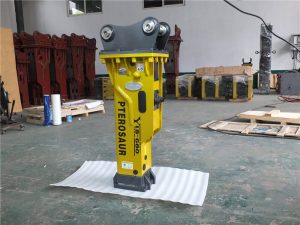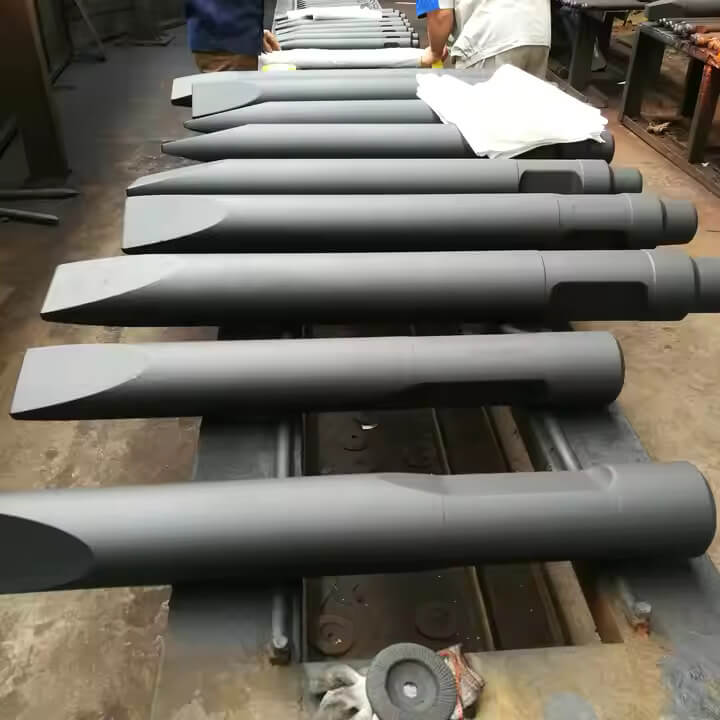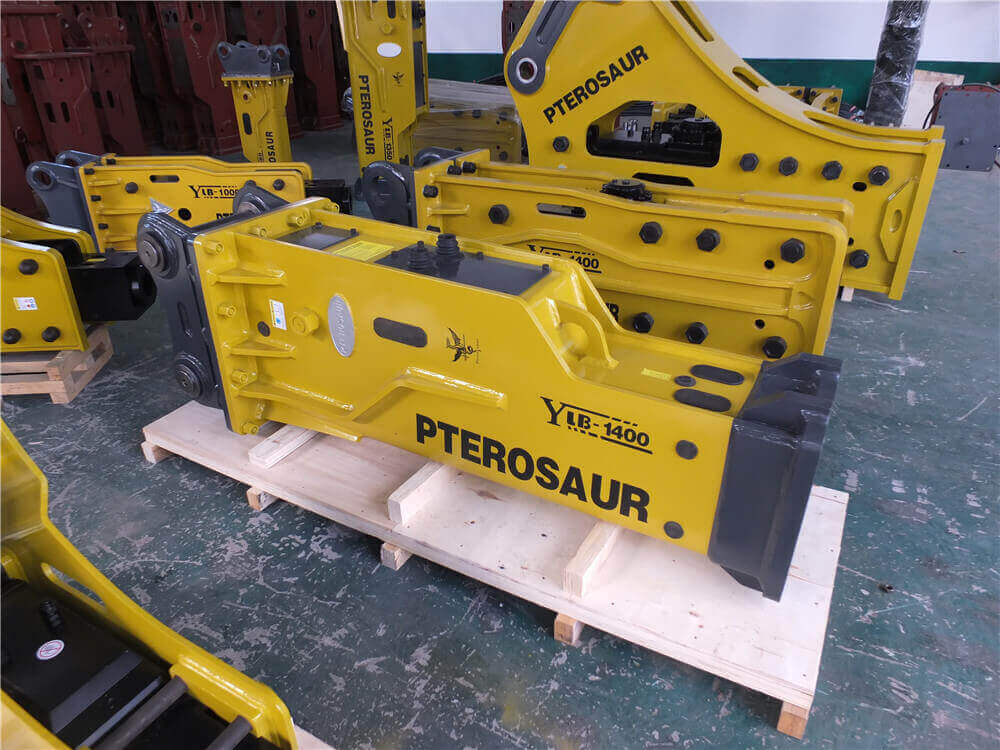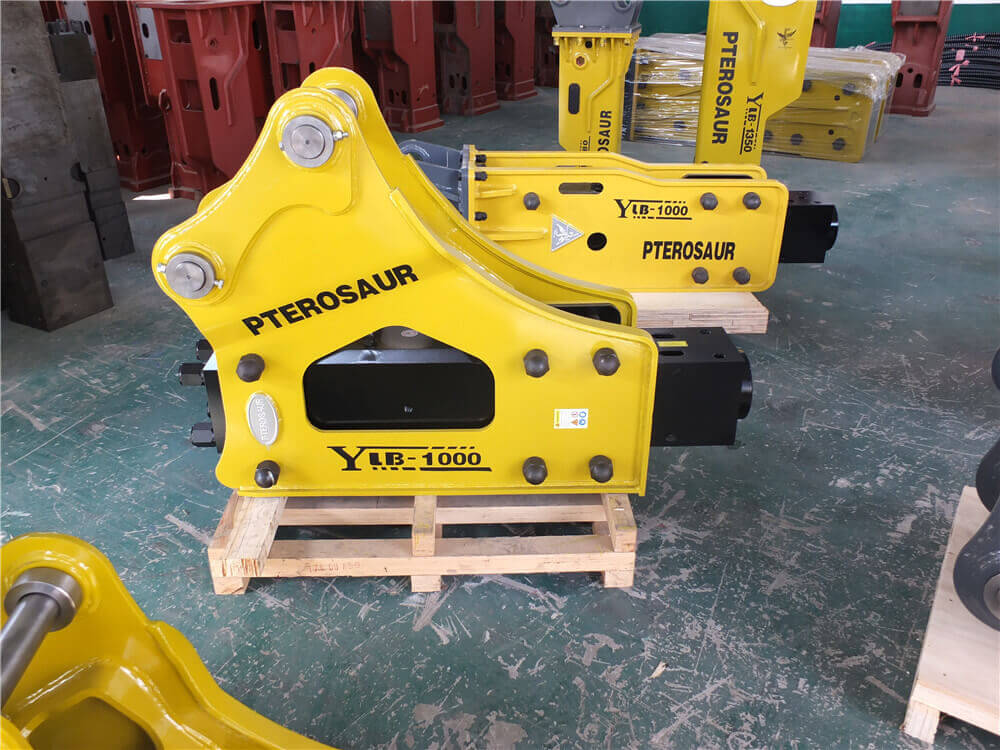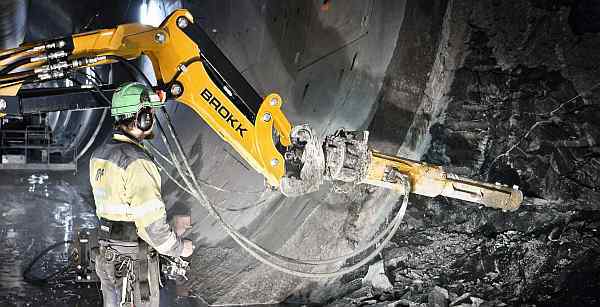The Ultimate Guide to Excavator Hammers: Finding the Right Fit for Your Project
Excavators are versatile machines that play a crucial role in construction, demolition, and various heavy-duty tasks. One of the most effective attachments for these powerful machines is the excavator hammer, also known as a breaker. In this article, we will explore the different types of excavator hammers available on the marketplace, their specifications, and tips on how to choose the right one for your needs.
Understanding Excavator Hammers
Excavator hammers are hydraulic attachments that enable excavators to break up hard materials such as concrete, rock, and asphalt. They are essential for demolition work, road construction, and other projects that require heavy-duty breaking capabilities. The market offers a variety of hammers, including vibratory hammers and side clamp vibratory hammers, designed for different applications and excavator sizes.
Types of Excavator Hammers
- Vibratory Hammers:
- Side Clamp Vibratory Hammers: These hammers, like the ones offered by MKT, are known for their ruggedness and reliability. They can generate driving forces ranging from 25 tons to 80 tons, making them suitable for various construction projects.
-
Excavator Mounted Hammers: These hammers are designed to be mounted directly onto the excavator, allowing for easy operation and maneuverability. They are perfect for tasks that require precision and control.
-
Hydraulic Hammers:
- Mini Excavator Hammers: For smaller machines, mini excavator hammers are available. These hammers are designed to fit excavators with lower weight classes, making them ideal for residential projects or smaller demolition tasks.
- Heavy-Duty Hydraulic Hammers: Larger excavators can accommodate heavy-duty hydraulic hammers suitable for significant construction projects. These hammers are capable of quickly breaking through concrete and rock, saving time and labor costs.
Buying Excavator Hammers on the Marketplace
When searching for an excavator hammer on platforms like Facebook Marketplace, it’s essential to consider several factors to ensure you make the right purchase:
1. Condition:
- Assess whether the hammer is new or used. Used hammers may come at a lower price, but ensure that they are in working condition. For example, listings for older hammers might indicate uncertainty about their operational state.
2. Compatibility:
- Ensure that the hammer is compatible with your excavator model. Many listings specify the models they fit, such as a John Deere or Volvo excavator, which can help narrow down your options.
3. Specifications:
- Pay attention to the specifications, including weight, pin sizes, and the type of hydraulic system. For instance, a hydraulic hammer designed for a 1-ton mini excavator will differ significantly from one meant for a larger machine.
4. Price:
- Compare prices across different listings to find the best deal. Prices can vary widely depending on the hammer’s condition and specifications. For example, mini excavator hammers can range from $4,500 for lightly used models to $5,000 for heavy-duty options.
5. Seller Reputation:
- Check the seller’s profile and feedback from previous buyers to gauge their reliability and the quality of their products.
Conclusion
Excavator hammers are indispensable tools for construction and demolition tasks. With a wide variety of options available in the marketplace, it’s crucial to choose one that fits your excavator and project needs. By considering factors like compatibility, condition, specifications, and price, you can make an informed decision and ensure your project runs smoothly. Whether you’re a contractor looking to expand your equipment arsenal or a DIY enthusiast tackling a home renovation, the right excavator hammer can make all the difference in your project’s success.

